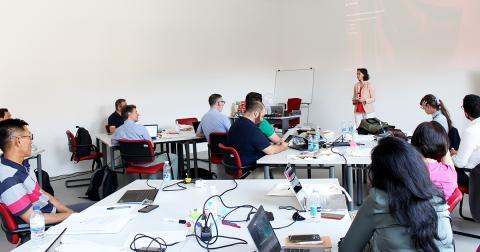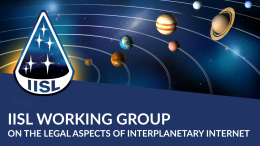The event took place in Guimarães on 13-15 July 2022 and it was the first physical retreat since 2019, then hosted at the University's headquarters in Tokyo, as the COVID-19 pandemic placed severe constraints on travel. In 2021, an online-only event was done instead. Other institutes which hosted the retreat include UNU-MERIT (Maastricht) and UNU-EHS (Bonn).
A total of 16 people from 5 Institutes of the UNU and the Campus Computing Centre joined this event. Over the three days, a set of sessions took place, including talks on UNU's strategic plan implementation, joint projects, security and business innovation initiatives, amongst others. Individual presentations were also a focus, with the different experts providing insights into the Azure application gateway multiple site hosting, MS365 roadmap, Zoom multi-camera mode in Zoom Rooms, C3's Library Anywhere, and CheckPoint Harmony.
The UNU ICT Retreat has its roots in the vision of a borderless campus that spans the University's research institutes and training centres across the globe, capitalizing on the competitive advantages of the diversity of the distributed ICT network. Structurally, the vision draws the complementary benefits of centralization and decentralization in governance and operating practices to maximize the potential of ICT, notably harnessing the cloud in a sensible and optimal manner.
Since the inaugural event launched in 2013, significant milestones have moved this vision forward via the establishment of a robust UNU-wide ICT governance framework, ICT strategy, and ICT code of ethics. The retreat provided a discourse space for examining common ICT aspects across the University to the greatest extent possible. The topics include the underpinning technology and operations needed to create value to keep pace with users' requirements while balancing risks, costs, and benefits to strengthen UNU's system-wide collaboration, efficiency, and security.




